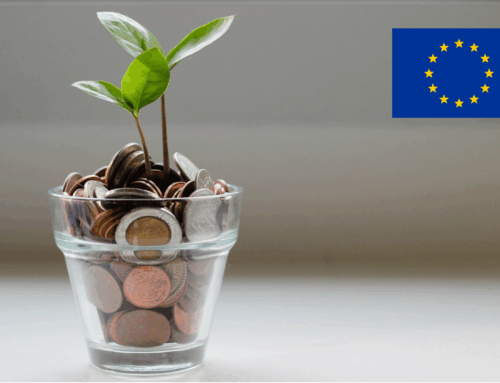The Interim Trade Agreement (ITA) between the EU and Chile, which has been in force since 1 February 2025, marks an important milestone in bilateral trade. It eliminates nearly all existing tariffs and modernises the rules of origin, thereby significantly facilitating the exchange of goods.
With the entry into force of the ITA, 99.9% of tariffs on EU exports to Chile are removed. Industrial goods manufacturers as well as exporters of agricultural products such as dairy and prepared foodstuffs particularly benefit. Tariffs remain in place for sensitive agricultural products, including various types of meat, certain fruits and vegetables, and olive oil. Sugar is likewise excluded from tariff elimination. Additionally, the previous tariff quota on European cheese has been abolished. At the same time, Chilean businesses continue to enjoy duty-free access to EU markets for all industrial goods and benefit from improved conditions for agricultural products under established quotas.
A key element of the agreement is the simplification of the rules of origin. Products either wholly obtained in the EU or Chile, or sufficiently processed there, qualify for preferential treatment. Particularly practical: materials originating in Chile are considered as EU-originating, and vice versa – a clear benefit for globally integrated supply chains. The ITA also allows a tolerance rule of ten per cent for non-originating materials, with specific exceptions for textiles and apparel.
For preferential trade treatment, an origin declaration issued by the EU exporter is sufficient. For consignments exceeding 6,000 euros, this is done via the familiar REX system. Alternatively, importers may apply for preferential tariffs based on available information.
The ITA will remain in force until the broader Advanced Framework Agreement (AFA), which also covers investment protection provisions and political dialogue in addition to trade, is ratified by all EU member states. While Chile completed its ratification process in November 2024, this step is still pending within the EU.
Through the ITA, the EU and Chile are sending a strong signal in favour of open, sustainable trade, while simultaneously creating clear and simplified conditions for businesses on both sides. This not only offers direct potential for bilateral trade, but also lays a solid foundation for the future expansion of their partnership.
Source: GTAI (in German)






